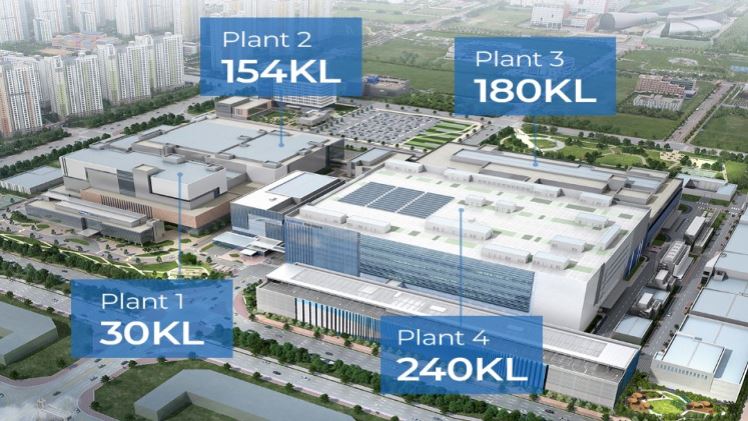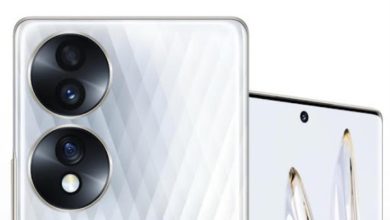Cell Line Development Remains a Cornerstone as Samsung Biologics Expands to New Modalities

Samsung Biologics, a contract development and manufacturing organization, has made a number of moves to expand its portfolio. Some of its recent activities include the acquisition of biosimilars firm Samsung Bioepis, investments in multiple businesses working in antibody-drug conjugates, and the launch of a new bispecific antibody development platform. Amid this flurry of activity, the CDMO has maintained a focus on cell line development, the key to early-stage quality and efficiency in the development of biologic drugs.
“Cell line development is the foundation for everything,” said Christina Lorentz, the director of clinical operations at Aronora, which partnered with Samsung to produce monoclonal antibodies to treat blood clotting diseases.
“One of the best things about this collaboration has been Samsung’s experience going from cell line development all the way to commercialization. As a small company, we have really benefited and learned a lot about the entire process as opposed to just looking at it piece by piece. We are truly in good hands with Samsung.”
Samsung Biologics’ Cell Line Development Services
Central to Samsung Biologics’ expansion into new areas is its proprietary S-CHOice® platform, a high-performing cell line development system that uses Chinese hamster ovary cells and glutamine synthase knock-out technology.
The S-CHOice® platform is notable for its high-performance CHO-K1-based cell line development process. It maximizes titers, the concentration of antibodies or other biologics produced by the cells, and enhances cell viability, crucial for the effective production of therapeutic agents. Notably, the development platform has shown titers reaching above 7 g/L for standard monoclonal antibodies, far above industry averages, and it boasts an enhanced cell viability of over 90% at day 21 in a fed-batch study.
A significant innovation in Samsung Biologics’ cell line development is the incorporation of the Beacon system, which allows for precise single-cell cloning. This technology facilitates the efficient screening of a large number of cells, significantly increasing the chances of identifying high-yield and high-quality cell lines. The Beacon system is a groundbreaking approach, reducing the time-consuming and labor-intensive process of cell selection to a much shorter time frame.
Samsung Biologics’ S-CHOsient™ platform, a proprietary transient gene expression technology, works in tandem with the S-CHOice® platform. S-CHOsient™ is used to synthesize the genetic components needed for a cell to produce the desired antibodies. It’s also involved in transfection, the insertion of the necessary genetic material into a cell.
After these early steps, the cell line can be subjected to Samsung Biologics’ DEVELOPICK™ technology, which is designed for high-throughput screening to assess cell viability and quality.
Recent Developments
Samsung Biologics released its third-quarter earnings report in October, showing a record 1 trillion South Korean won (approximately $766 million) in sales for the quarter. According to the report, the CDMO now partners with 14 of the top 20 pharmaceutical companies in the world. It has leveraged a strategy of fast construction of multiple plants at its headquarters in Songdo, South Korea, to attract a variety of clients.
As of October, Samsung Biologics’ contracts are worth over $11.8 billion. They include contracts with smaller companies and larger, long-term partnerships with companies like Pfizer and Bristol Myers Squibb.
“We have achieved a remarkable milestone with consolidated sales surpassing 1 trillion [won] in a single quarter, ultimately demonstrating our commitment to excellence and innovation,” said John Rim, President and CEO of Samsung Biologics, in a statement on the report.
“Our expanding partnerships with global leading pharmaceutical companies and a thriving sales backlog reflect the trust our clients place in us and our capabilities. Looking ahead, our expansion plans, including the construction of the [antibody-drug conjugates] facility and Plant 5, will meet the increasing market demand and support our clients’ needs for both capacity and business diversification.”
In addition to constructing an ADC facility, part of the company’s recent strategy has been to invest in two ADC-focused startups, AimedBio and Araris Biotech AG.
Samsung Biologics has long been a leader in the production of monoclonal antibodies, but it recently announced new platforms to produce bispecific antibodies. Bispecific antibodies can combine to two antigens at a time and have demonstrated success in a variety of applications, particularly cancer treatments.
After launching the S-DUAL™ bispecific antibody platform in 2022, Samsung Biologics launched another platform, S-KiH, this year. As it works in these new areas, cell line development remains a priority.
“Having a partner with the experience and proven expertise in working with, and providing strategies for, such advanced molecules is fundamental, since creating high-producing and high-yielding processes for this class of products is a sophisticated endeavor,” wrote a head of cell line development at Samsung Biologics, in a recent white paper. “Samsung Biologics embraces its responsibility to overcome these challenges.”




